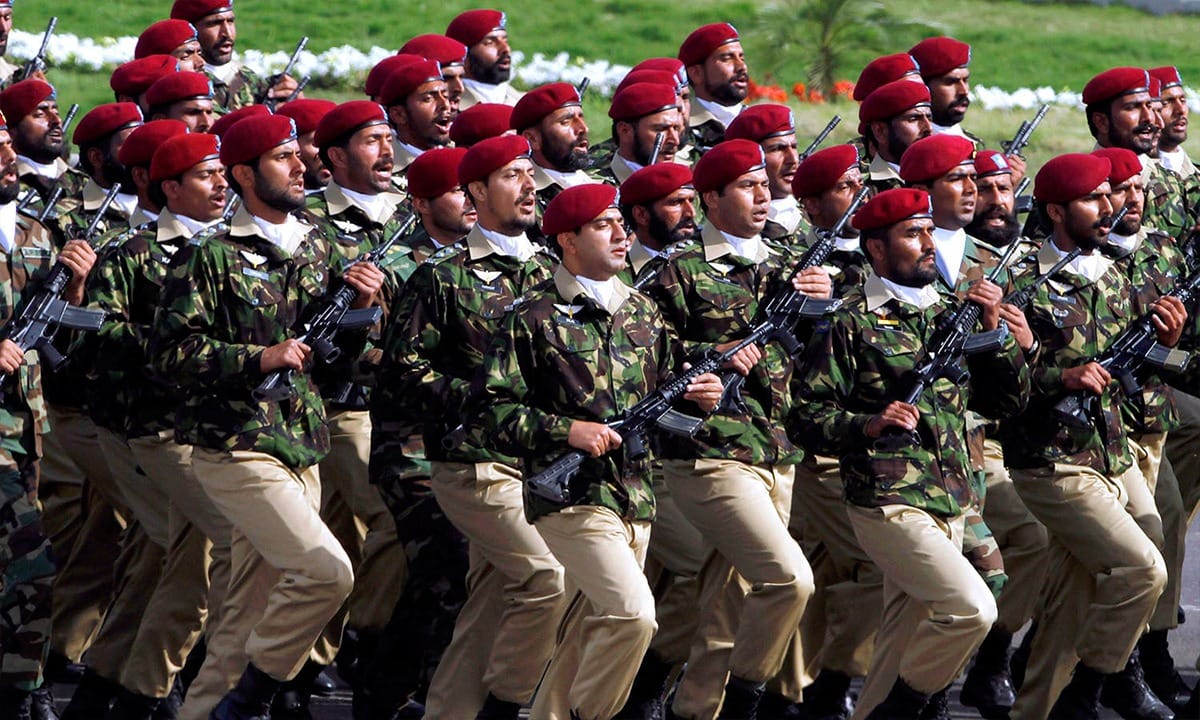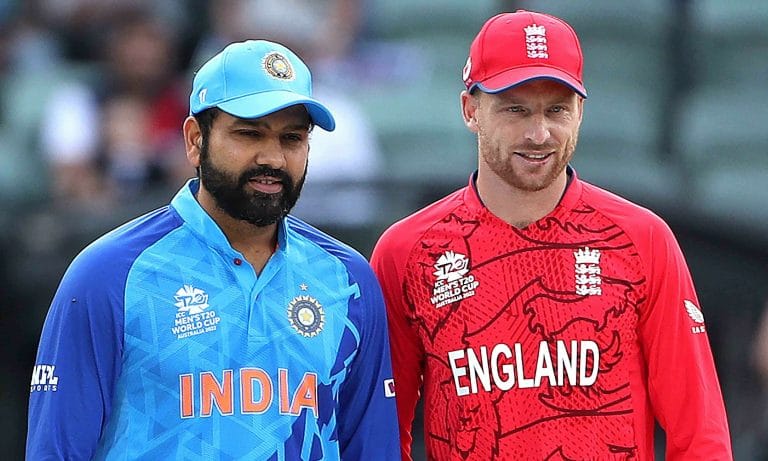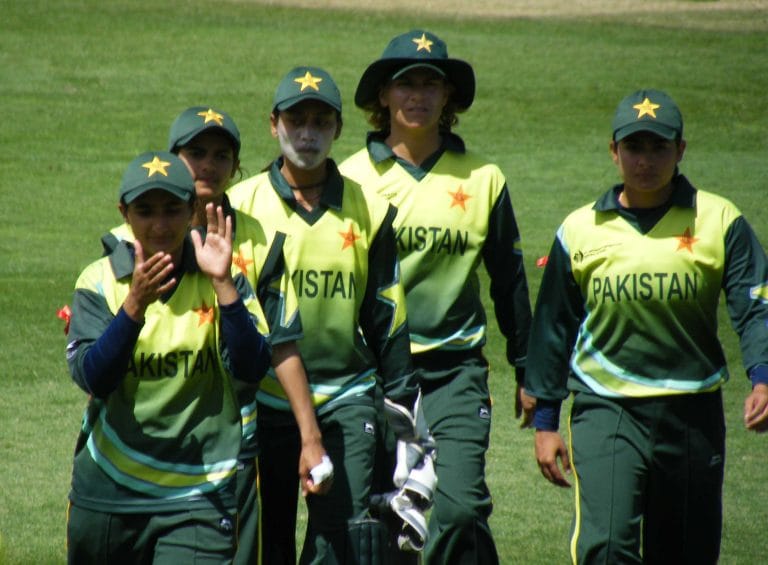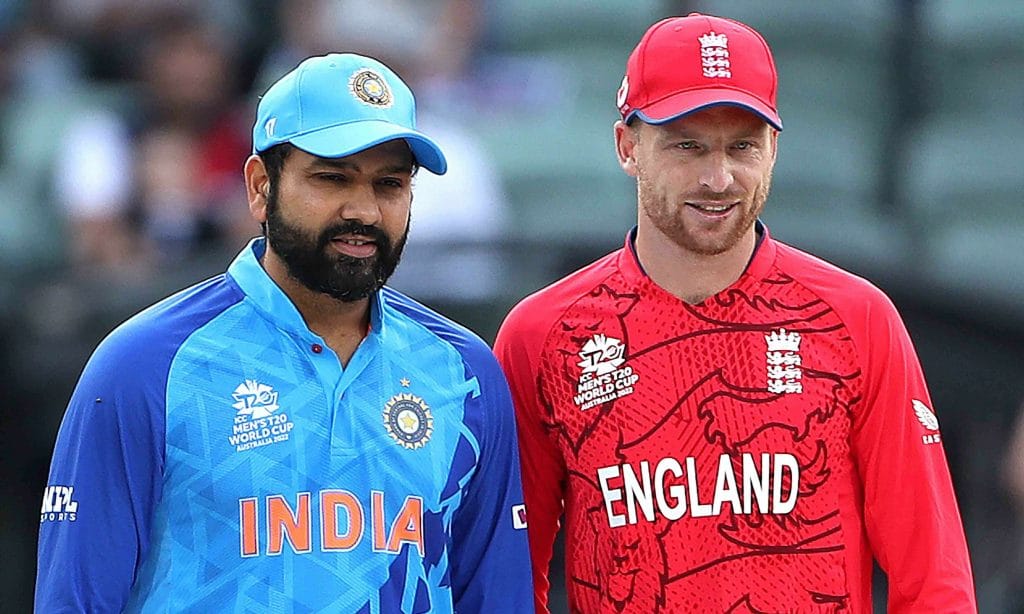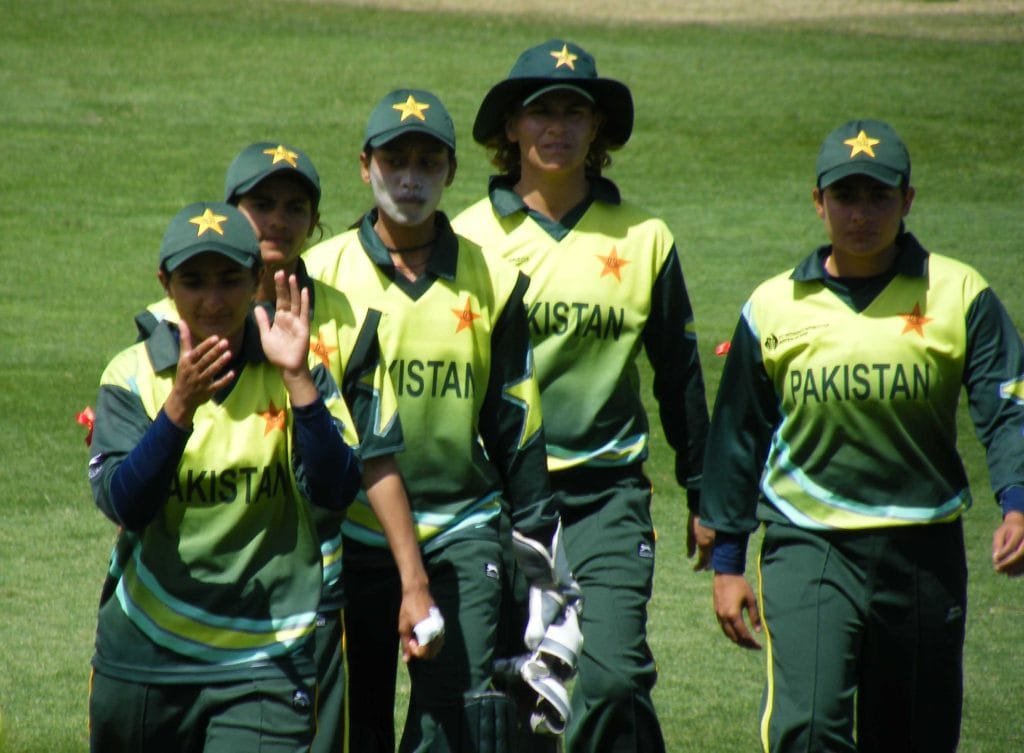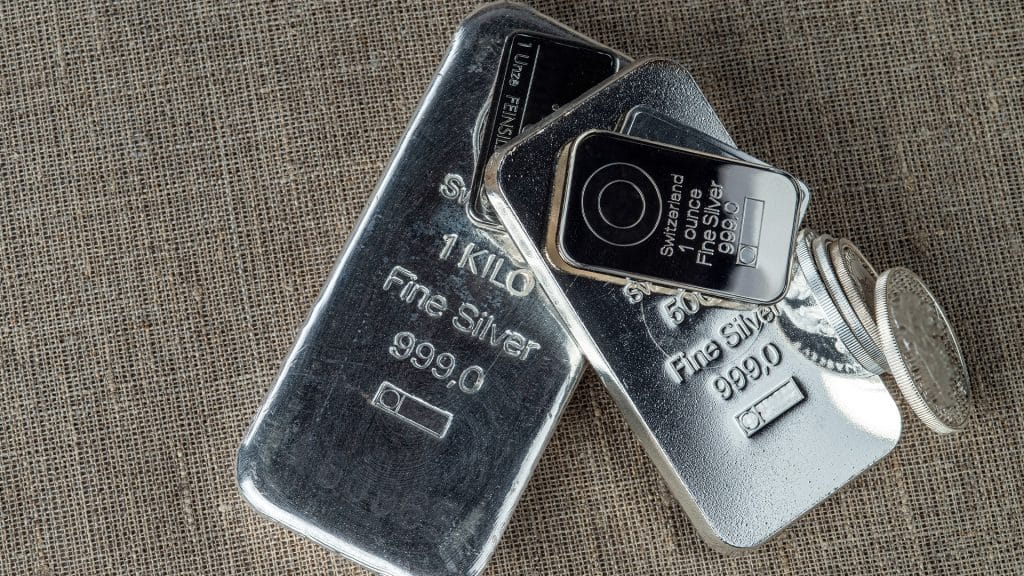Senator Demands 40% Boost in Defense Budget, Military Pay Hike
Breaking: Senator Pushes for 40% Defense Budget Hike & Salary Doubling
In a high-stakes Senate session, Senator Faisal Vawda demanded a 40% surge in Pakistan’s defense budget and doubling of armed forces salaries, citing escalating regional threats. The proposal comes as tensions with India persist and internal security challenges grow.
Key Demands
💰 40% defense budget increase – One of the largest jumps in history.
💵 Double salaries for Army, Navy, Air Force personnel.
🛑 Halt non-essential development spending – Redirect funds to security.
Why Such a Sharp Increase?
1. Rising Security Threats
Indian border tensions (post-Balakot, Kashmir standoff).
Cross-border terrorism concerns.
Afghan instability spillover risk.
2. Military Modernization Needs
JF-17 upgrades, new drones, naval fleet expansion.
Countering India’s S-400, Rafale jets.
3. Inflation & Morale Boost
Current salaries eroded by 30%+ inflation.
“Our soldiers deserve parity with regional forces” – Vawda.
Senate Reactions: Support & Opposition
✅ Pro-Increase Voices
Senator Irfan Siddiqui: “We must prioritize security over roads when under threat.”
Ex-Finance Minister Ishaq Dar: “India’s proxies won’t stop unless we show strength.”
❌ Counterarguments
Senator Sherry Rehman: “Butchers of children aren’t freedom fighters—but can we afford this?”
Economists warn: 40% hike may crash IMF talks, spike debt.
What Would a 40% Hike Mean?
📊 Current defense budget: ~8�������(2024−25).📈∗∗�����408billion(2024−25).📈∗∗After4011.2 billion.
⚠ Trade-offs: Possible cuts to health, education, CPEC projects.
Global Context
🌍 India spends 3x more on defense ($72B in 2024).
🇨🇳 China’s model: Heavy military investment + economic growth.
💣 Ukraine lesson: “Weak militaries invite aggression” – Vawda.
Possible Outcomes
✔ Stronger deterrence vs. India/Afghan threats.
❌ Fiscal crisis risk if revenue doesn’t match spending.
⚖️ Balancing act needed – Guns vs. butter debate rages.
Final Analysis
This isn’t just about money—it’s a strategic crossroads. While threats are real, Pakistan must weigh security vs. survival economics.


